Using the example of the Kherson orphanage, The New York Times describes a scheme for Russia to kidnap Ukrainian children from occupied territories.
How the investigation was conducted
The publication revealed the details of a special campaign to kidnap children using the example of 46 pupils of the Kherson orphanage. At the start of the war, there were children under 5 years old, some with serious illnesses – autism, cerebral palsy, etc. But they were not orphans. Some parents had limited rights in relation to the child and were awaiting a court verdict.
Journalists from The New York Times did a tremendous job: they analyzed messages on Russian social networks, gained access to photos, videos, text messages and documents, and conducted more than 110 interviews with lawyers, Russian and Ukrainian officials. The authors of the investigation, based on the opinion of legal experts, are convinced that what happened to the children in the future can be considered war crimes.
Among the officials mentioned in the text are the then Minister of Health of Crimea Igor Kastyukevich and the Russian Commissioner for Children's Rights Maria Lvova-Belova.
Chronology of events
On February 24, 2022, during the active offensive of the Russians in the Kherson region, the orphanage doctor Natalya Lukina came to the pupils to protect them. The staff thought about the invasion in advance – several weeks before it, the kids had emergency suitcases ready for this eventuality.
But in the orphanage there was no reliable shelter that would protect the children from enemy shelling. On a map of bomb shelters, Natalya found a concrete basement that could accommodate 46 children, and together with other workers, she moved the kids, their carts and mattresses there. They took with them food, medicine, electric pumps and gastronomic tubes for sick children.
That same day, the pastor of the local Calvary Church visited the basement and convinced the staff to move the children to better conditions. So the children ended up in the basement of the church. The orphanage workers blocked the windows with boxes of diapers so that no one could see inside.
On February 26, two days after the invasion, a series of meetings of senior officials took place in Moscow. The Commissioner for Children's Rights of the Russian Federation, Maria Lvova-Belova, asked Vladimir Putin to help relocate children from Ukrainian children's institutions who found themselves in the combat zone. He promised to eliminate any “bureaucratic red tape” in the way of placing children in Russian families.
In April 2022, the Commissioner for Human Rights in Ukraine wrote a post on Telegram asking for help to save children from Kherson by making their location public. The Russians were not long in coming with their “answer.” On the same day, armed people arrived at the church demanding that the children be returned to the orphanage. The Russian military was accompanied by media representatives who accused the Ukrainian authorities of trying to kidnap children.
Pediatrician Tatyana Zavalskaya became the new “director” of the orphanage. She did not hide her pro-Russian views. A tricolor was hung on the façade of the institution, and Russian politicians began bringing “gifts” and humanitarian aid.
In May 2022, Putin signed a presidential decree simplifying the requirements for obtaining citizenship. In a number of occupied regions, guardians had the right to apply for Russian citizenship on behalf of Ukrainian adopted children and orphans. In anticipation of the Ukrainian counter-offensive on Kherson, in October 2022, the Russians removed 46 orphanage residents from the city.
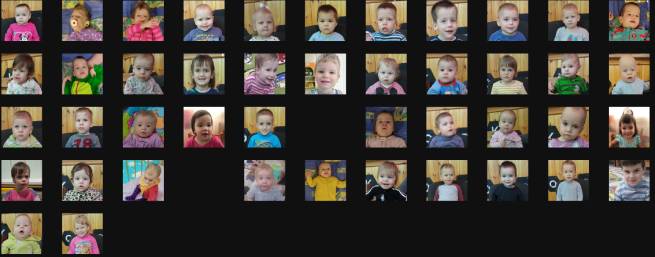
The kids were taken to Simferopol and divided between two orphanages. No one reported the details to the Ukrainian side. The hidden fact about the removal of children was called by the former US Ambassador to the Office of Global Criminal Justice, Stephen Rapp, not an evacuation, but a “forced transfer”:
“What Russia considers a humanitarian mission is an outright war crime.”
Another lie
Subsequently, Maria Lvova-Belova stated that her office would facilitate the placement of these children in Russian foster families only if their natural parents were not found in Ukraine.
In reality, the Russians “granted” citizenship to Ukrainian children, translated their documents and did everything to deprive them of their identity, which is a violation of the Convention on the Rights of the Child and a war crime. In December 2022, Putin signed another decree allowing guardians in the occupied territories to renounce Ukrainian citizenship on behalf of children under their care. The decree also speeded up the procedure itself. Previously, obtaining citizenship could take up to five years, but now children could become Russian citizens in 90 days or even faster.
Subsequently, the Attorney General of the International Criminal Court issued arrest warrants for Vladimir Putin and Lvova-Belova, accusing them of “illegally” removing “at least hundreds of children” from orphanages throughout Ukraine.
To date, 19 months have passed since the forced removal of Ukrainian children from the orphanage in Kherson. For almost two years, the children have grown up, and now the teachers hardly recognize their charges. Only seven pupils from the Kherson orphanage were returned to Ukraine. Unfortunately, one child died from an epileptic attack.
Profiles of another 22 children appeared in the Russian federal database of orphans. The questionnaires indicate that they are from Crimea, but there is no information about their place of birth. At least two of them writes NYT, have already been placed in Russian families…
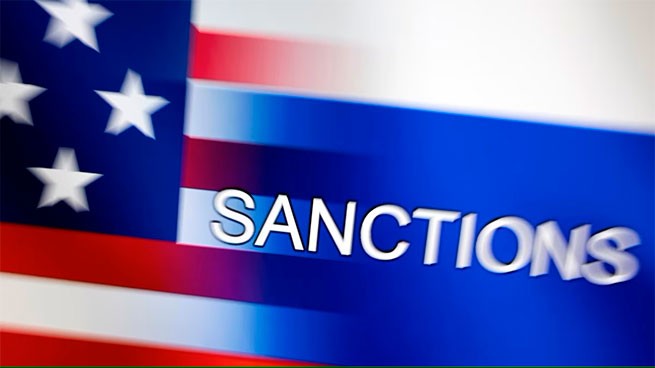
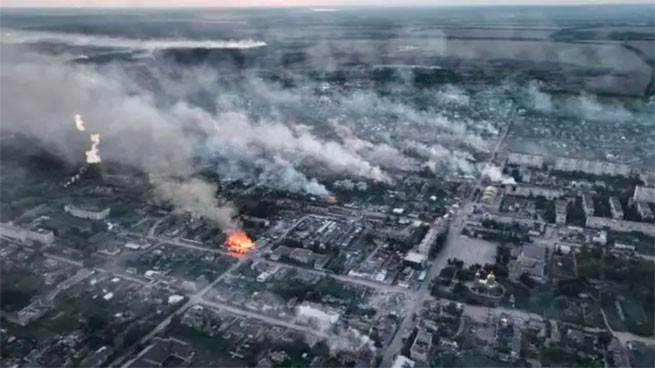

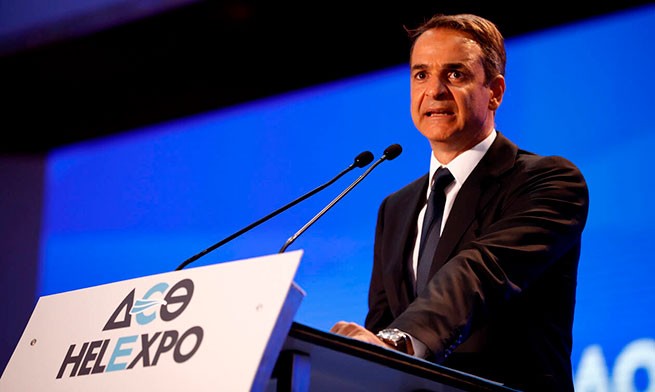
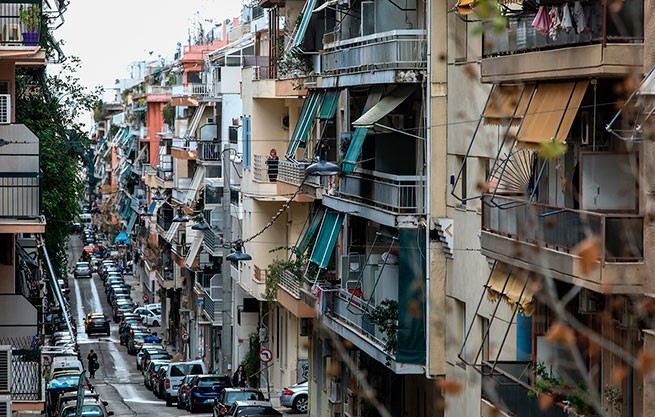
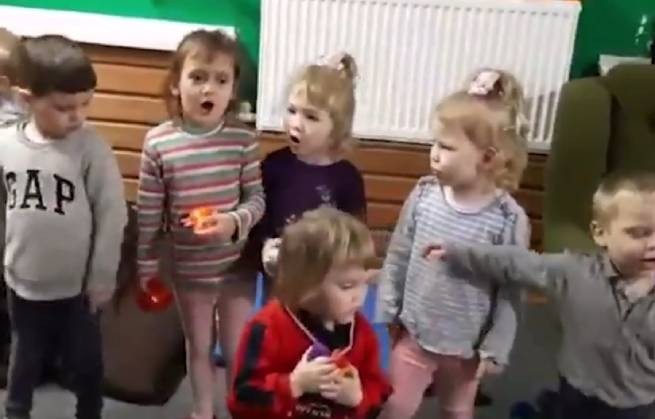

More Stories
Is peace possible in Ukraine this fall?
Der Spiegel: “How the Kursk invasion divides Russians”
Pentagon on Strikes on Russia (Video)